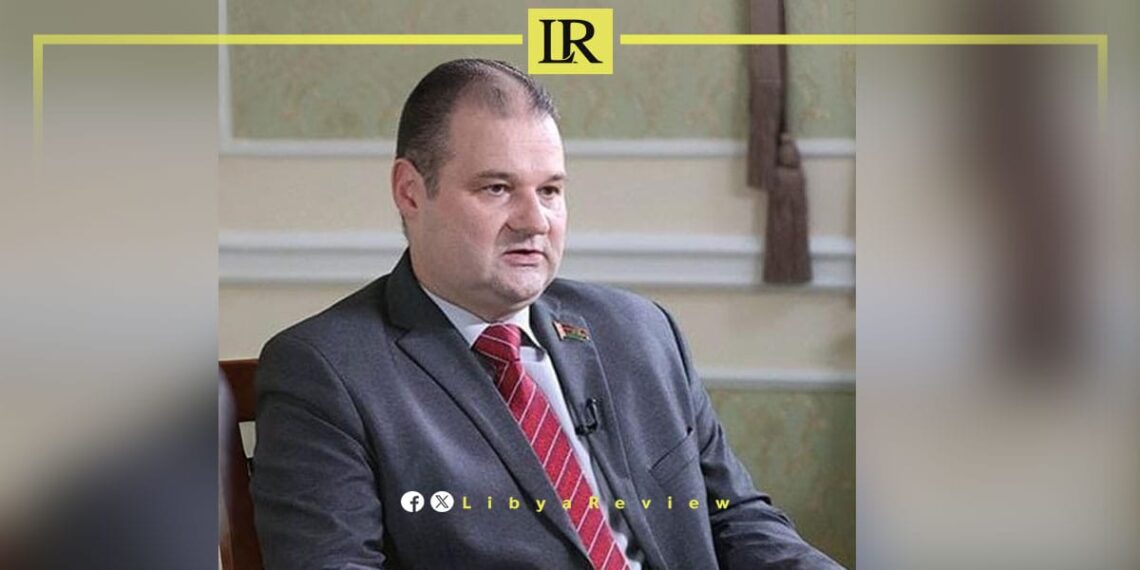Libya is showing growing interest in expanding cooperation with Belarus across several key sectors, including agriculture, industry, food production, and military-technical development, according to Nikolai Buzin, a member of the House of Representatives of the National Assembly of Belarus.
Speaking in an episode of BelTA’s YouTube programme On Point, Buzin said Belarus is well-positioned to respond to Libyan needs as the country seeks partners to support its economic and infrastructural recovery.
Buzin stressed that Belarus offers advanced agricultural machinery, strong farming traditions, and extensive expertise in training technical specialists. These strengths, he noted, align directly with Libya’s development requirements, especially as only a small fraction of Libyan land—just over six percent—is currently used for food production. Much of Libya’s remaining food needs are met through imports, including significant volumes from Europe. “There is no reason why Belarusian food or machinery shouldn’t enter that market,” he said.
He also recalled Libya’s previous initiative to utilise deep subterranean water reserves beneath the Sahara for large-scale agricultural expansion. If revived, such a project could substantially increase Libya’s arable land, creating even stronger demand for Belarusian equipment and agricultural support.
Buzin emphasised that Belarus has consistently stood by Libya during difficult periods and remains committed to supporting its path toward stability. He added that Libya’s leadership is increasingly engaging with Belarus and Russia as part of broader efforts to build political dialogue. According to him, Libya is showing readiness to address its internal conflicts, but progress will require strong political will, both domestically and internationally, as well as improved economic conditions.
He noted that Libya remains fragmented and affected by ongoing armed confrontations, many of which are influenced by external actors. Nevertheless, he expressed confidence that such instability “cannot continue forever”, highlighting an opportunity for constructive partnership and long-term cooperation between Minsk and Tripoli.


